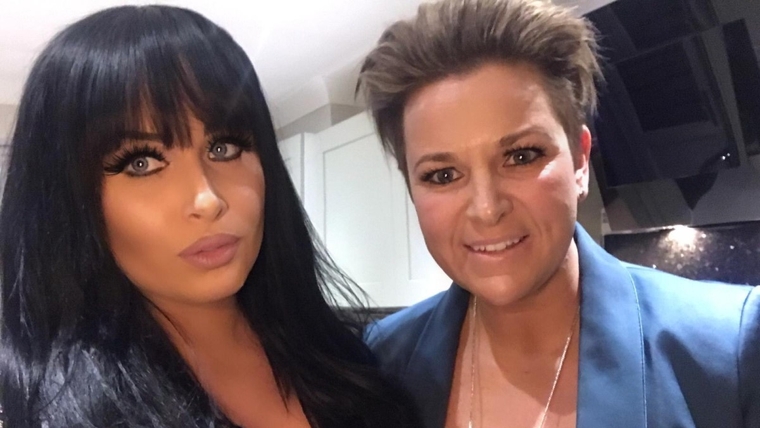Posted By: MMHA
1 minute read

With the right care, there will be more positive experiences and more LGBTQ+ people will be more likely to reach out if they are struggling with their perinatal mental health.
When my wife and I first started on our path towards parenthood, we struggled to find any LGBT+ women, people or organisations that could offer us guidance and support. This resulted in our journey being a difficult one and left us feeling very isolated.
We had no one to talk to and share similar experiences with when our fertility treatment failed or when Stacey had a miscarriage and we lost our baby; something that deeply affected my mental health. As the non-biological (non-bio) mother I was merely treated as a bystander.
When our eldest child was born, things didn’t get any easier. Like many LGBT+ parents, we experienced a lack of understanding and outright discrimination. For example, the day after our daughter arrived, I tried to speak to the doctor, but she refused to deal with me and said, “Get her out. I don’t want her. I want the ‘real’ mum.”
This incident, and other frequent microaggressions, deeply affected me. I felt anxious and stressed because I consistently felt I was being judged and needed to validate myself as a mother and partner in many situations.
It was this lack of support and prejudice that inspired us to set up LGBT Mummies. It’s a global organisation that supports LGBT+ women and people on the path to parenthood and works with the government, NHS and other medical organisations to improve policies and mental health support for biological and non-bio mothers and parents.
We believe it’s crucial that healthcare professionals receive mandatory education and training to support LGBT+ parents, mentally and physically. The LGBT+ community needs well-informed people caring for them who understand their journeys and what they may be experiencing. With the right care, there will be more positive experiences and LGBT+ people will be more likely to reach out if they are struggling with their perinatal mental health.
For more information about LGBT Mummies, visit their website or follow them on Instagram and Facebook.
If the content of this story causes you to think of anything that has happened to you or someone you know and you feel upset, worried or uncomfortable, please see our support page for a list of services that may be able to help.